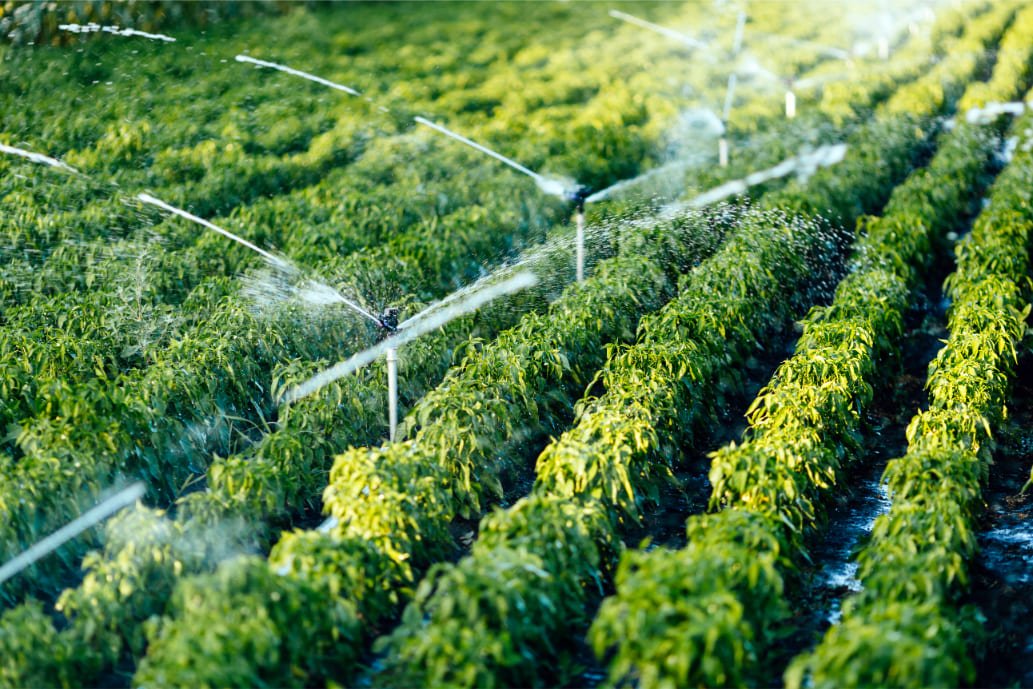Water Conservation Strategies for Sustainable Farming
In an era where sustainability takes the forefront in agricultural discussions, water conservation strategies are pivotal in ensuring the long-term viability of farming. With agriculture consuming a significant portion of the world’s freshwater resources, efficient water management practices are not just beneficial but necessary for sustainable farming.
Why Focus on Water Conservation? Agriculture's heavy reliance on water makes it essential to adopt practices that optimize water use, ensuring that future generations can continue farming without depleting resources. Sustainable water management supports ecosystem health, reduces the carbon footprint of agricultural practices, and can significantly cut costs for farmers.
“Efficient water use in agriculture will determine the future of food security and environmental sustainability.”
Key Water Conservation Strategies:
- Drip Irrigation: Minimizes evaporation and runoff by delivering water directly to the plant roots.
- Soil Moisture Monitoring: Employs technology to apply water precisely when and where it is needed, reducing waste.
- Rainwater Harvesting: Captures and stores rainwater for agricultural use, lessening reliance on groundwater and surface water.
- Cover Crops and Mulching: Improves soil moisture retention and reduces water loss through evaporation.
By embracing these and other water-saving techniques, farmers can contribute to a more sustainable agricultural landscape. Adopting water conservation strategies is a step forward in addressing the global water crisis, ensuring food security, and preserving the environment.
Conduct replied off led whether?
Implementing water conservation in agriculture requires a multifaceted approach, combining technology, traditional practices, and continuous innovation. As we advance, the goal remains clear: to nourish the world while protecting the planet, proving that efficient water use in farming is not just a possibility, but a necessity.

